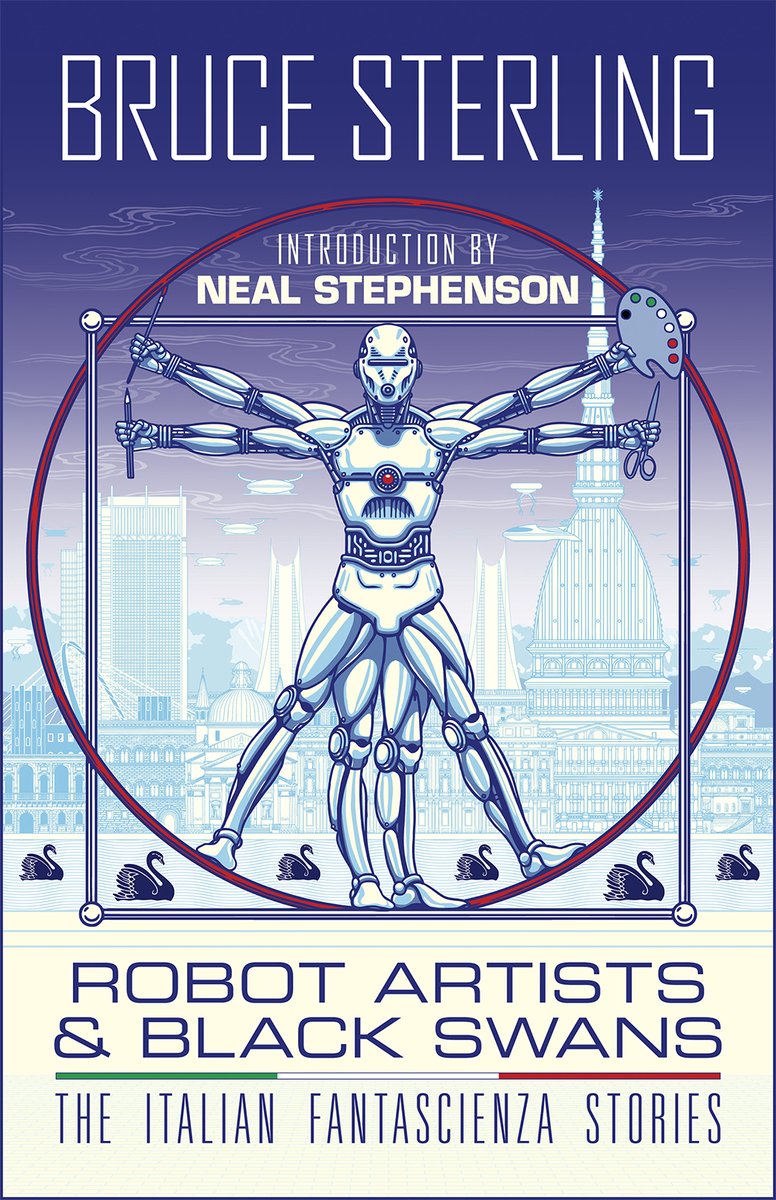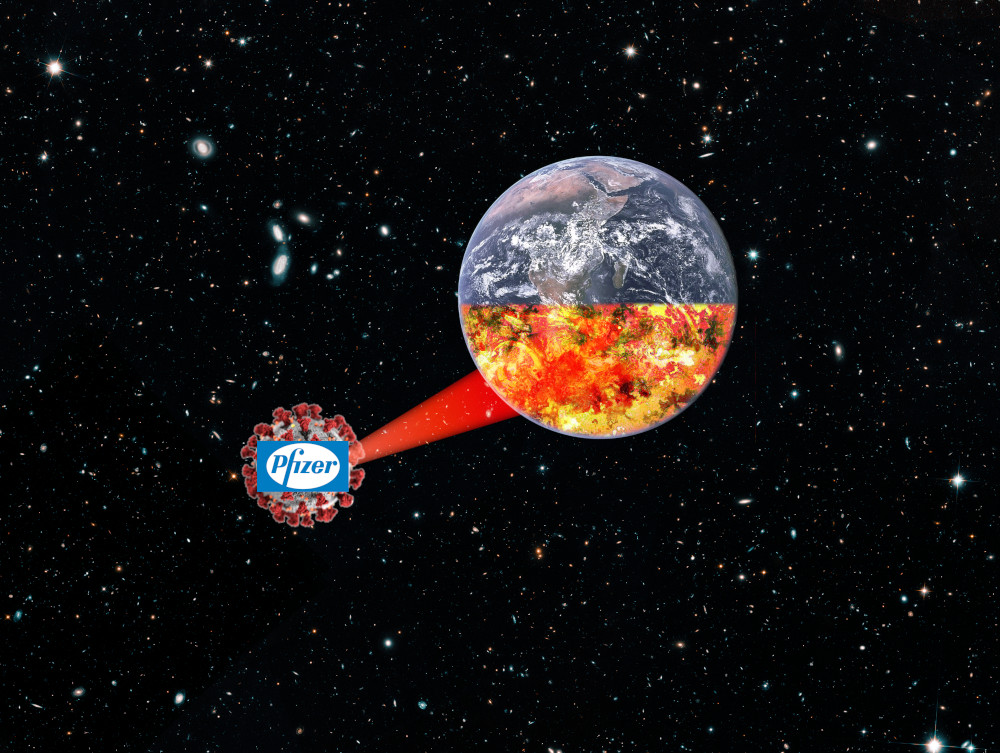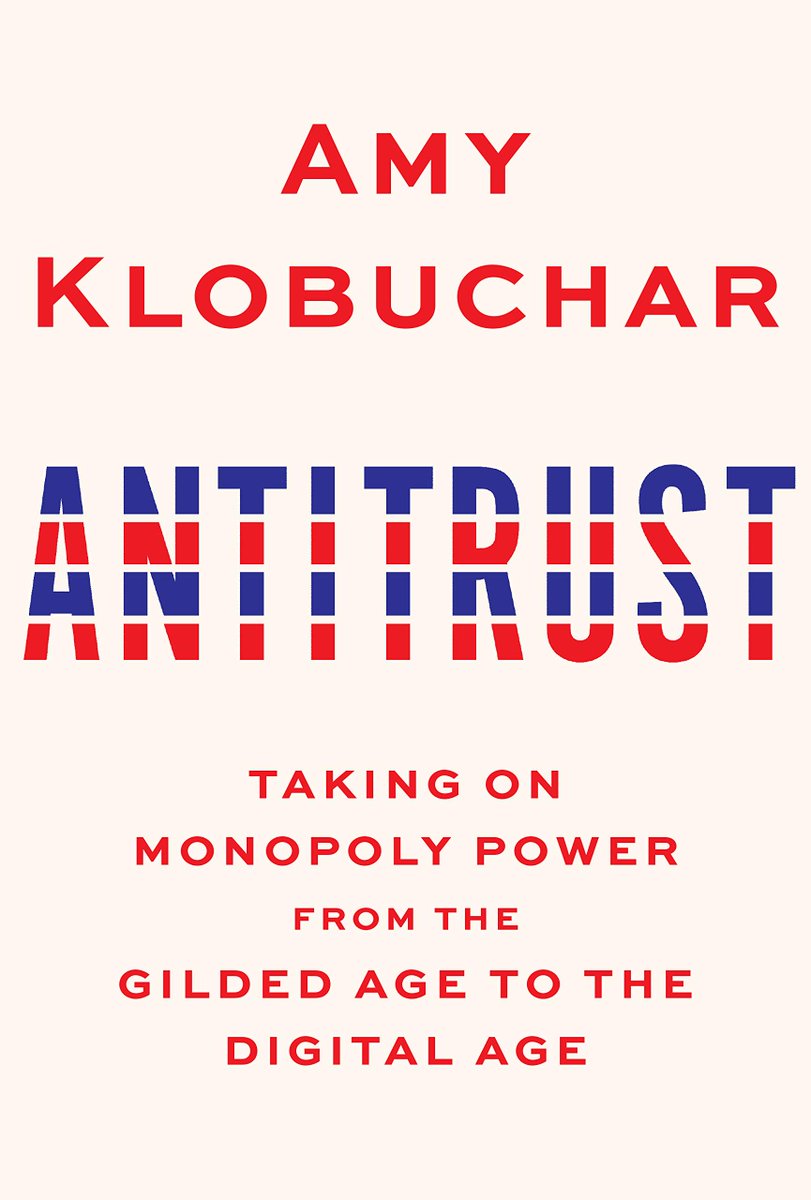
"Fantascienza" is the Italian word for science fiction, but fantascienza has its own tropes, rhythms and conventions that set it apart in hard-to-summarize ways; these unique characteristics have fired the Italian imagination for generations.
1/
1/

Very little fantascienza (or any other foreign literature) gets translated to English. There's a kind of circular reasoning behind this: there's so much stuff produced in English that there's no market for foreign works, and no one reads foreign works so why translate any?
2/
2/
Which brings me to a very odd, very wonderful book: ROBOT ARTISTS AND BLACK SWANS, @bruces's collection of fantascienza stories originally published under his Italian pseudonym, "Bruno Argento."
tachyonpublications.com/product/robot-…
3/
tachyonpublications.com/product/robot-…
3/
I am no expert on fantascienza, so I don't know if these are representative of the field, but I am here to tell you that they are completely different from any other sf I've read, including Sterling's, and yet utterly and unmistakably Bruce Sterling stories (a neat trick).
4/
4/
They are mostly set in and around Sterling's adopted hometown of Turin, and though they span a range from the Middle Ages to the late 22nd Century, they paint a vivid picture of an ancient city whose fortunes have ebbed and flowed through the centuries.
5/
5/
Turin - the city of a fake shroud, the once-upon-a-time capital of silent horror film production, home to the once-high-tech giant Olivetti and the once-industrial-titan Fiat - is arguably the most interesting character in these tales.
6/
6/
A city that once-was, will-be-again, where life is both literarily genteel and haunted by militarism, crisis and political upheaval. Sterling gives us stories of crusader-era innkeepers, dimension-hopping hackers, art-obsessed robot-chasers, all blended into Turin's stories.
7/
7/
These are wry and sardonic stories in the Sterling mode, and filled with the kinds of technosocial insights that define his work, but they are also madcap tales, Italian farces full of earthy humor, bunga-bunga strongmen getting their comeuppances, all the grand passions.
8/
8/
Sterling - "Chairman Bruce" - was instrumental to the founding of both cyberpunk and steampunk; started one of our most influential and visionary "bright green" environmental movements, and serves as an electronic art impresario.
9/
9/
He relishes the esoteric and his fiction brings it to life in ways that no one else can match. In his Bruno Argento guise, he is both utterly strange and wonderfully familiar, a new chapter in the weird, engrossing artistic life of Bruce Sterling.
10/
10/
I'm helping Bruce launch this book on Thursday, in a free, livestreamed event at Austin's @BookPeople, a truly wonderful store.
bookpeople.com/event/virtual-…
eof/
bookpeople.com/event/virtual-…
eof/
ETA - If you'd like an unrolled version of this thread to read or share, here's a link to it on pluralistic.net, my surveillance-free, ad-free, tracker-free blog:
pluralistic.net/2021/04/27/bru…
pluralistic.net/2021/04/27/bru…
• • •
Missing some Tweet in this thread? You can try to
force a refresh








